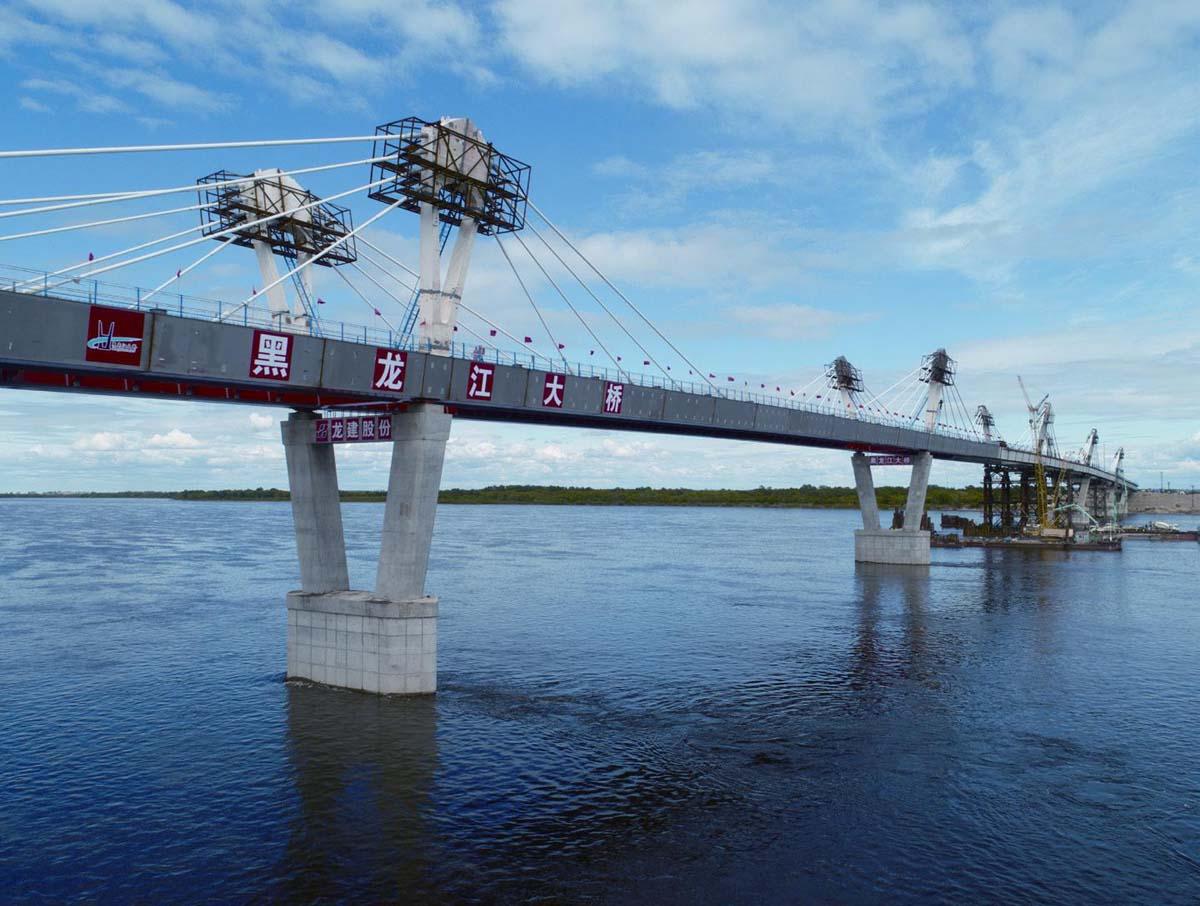A Partnership At Its Prime
2019-09-09
During his three-day visit to Russia from June 5, Chinese President Xi Jinping discussed the development of bilateral ties with Russian President Vladimir Putin and attended the St. Petersburg International Economic Forum, a global platform to address major economic issues. Ahead of the visit, Russias Sputnik News Agency invited experts from China and Russia to share their views on bilateral relationship, the common challenges both face and how to cope with them. Edited excerpts of their views follow:
Li Yonghui, researcher with the Institute of Russian, Eastern European and Central Asian Studies, Chinese Academy of Social Sciences
This year marks the 70th anniversary of China-Russia diplomatic relations and is a milestone in bilateral ties. Xis visit will consolidate the political foundation of the relationship by reaffirming mutual support on core issues and major concerns.
The China-Russia partnership is at its best. Russia has always been a critical country in Chinas foreign policy. Some international observers think external factors, such as the U.S. tariffs, have brought China and Russia closer. The reality is that as two major countries, they are not forced by any external factors to conduct cooperation. Their cooperation is in line with their fundamental interests and their need for development. Win-win cooperation is sustainable between the two.

Bilateral trade last year surpassed $100 billion, which reflects the positive result of joint efforts. Russias goods trade surplus amounted to $3.87 billion. More trade in the future in soybeans and crude oil can be expected against the backdrop of the U.S.-initiated trade friction. Russian statistics show that between July 2017 and mid-May 2018, China imported some 850,000 tons of Russian soybeans, accounting for 96 percent of Russian exports.
Under the premise of political mutual trust, cooperative ties will deepen. China and Russia will continue collaboration on energy, nuclear energy, aerospace and infrastructure, as well as between small and mediumsized enterprises. Local cooperation will be enhanced and new driving forces for development fostered in hi-tech, agricultural trade, e-commerce and fi nance.
With the aligning of the China-proposed Belt and Road Initiative and the Russiaproposed Eurasian Economic Union, there will be greater potential for cooperation between China, Russia and other countries in the region.
Cui Liru, senior researcher with Taihe Institute and former President of the China Institutes of Contemporary International Relations
In the face of the anti-globalization trend, China and Russia, as two leading actors on the international stage, can play a positive role as they realize their own development while delivering benefits to the world. They can jointly face threats posed by hegemony, unilateralism and trade protectionism. Russia can play a bigger role in international affairs through cooperation with China.
The current situation requires China and Russia to work together and support each other on the international scene, promoting a more just and reasonable international order.
Their strategic partnership benefits not only them, but also plays a key role in promoting win-win cooperation globally. This is illustrated by their joint efforts to establish the Shanghai Cooperation Organization and their coordination within the framework of BRICS and the Group of 20.
Vladimir Petrovskiy, senior researcher with the Institute of Far Eastern Studies, Russian Academy of Sciences
The China-U.S. trade friction has negatively impacted not only the two countries but also the world economy. Against this backdrop, China and Russia need to step up coordination and cooperation. But they will never form any kind of alliance against anyone.
The new type of state-to-state relationship built on the basis of non-alignment, non-confrontation and non-targeting any third country has already set an example for the international community.
With unilateralism and protectionism on the rise, countries are facing unprecedented challenges to their sustainable development. In this context, China and Russia have injected certainty into the world economy with their strong partnership and expanded cooperation. Not only in the economic and trade field, China and Russia also hold the same or similar positions on almost all major global issues.

The U.S. is pressing China over its trade defi cit. It has used the same trick to impose sanctions on Russia over the past few years. The essence of the moves is that the U.S. tends not to establish trade and economic relations with other countries on the basis of equality and mutual benefit. It is natural for different economies to experience some differences over trade and economic cooperation. The negotiations between China and the U.S. came a long way with the two agreeing on most parts of the deal. The U.S., unfortunately, breached consensus and its commitments several times, resulting in set- backs and escalating tension.
In the current situation, the strategic value of China-Russia relations increases. The common external factors facing the two countries also prompt them to support each other and explore new opportunities.
China and Russia face not only common tasks but also common challenges. The two countries need to strengthen their strategic coordination in international affairs, and stay determined to maintain the international system and order with the UN as the core. They should advocate multilateralism and an open world economy, and jointly promote world peace and stability.
Sergey Trush, senior researcher with the Institute for U.S. and Canadian Studies, Russian Academy of Sciences
Under the unwise decisions made by the Donald Trump administration, the trade friction between China and the U.S. is gradually evolving. Over the past decade, the U.S. has adopted two kinds of policies toward China, either containing, or hoping to engage China to realize its own interests.
But the U.S. strategies are not effective. Chinas peaceful development has adapted to the process of globalization, while the repositioning of China-U.S. relations has long been an issue for the U.S. political circle.
Behind U.S. President Trump are the business sectors that would be badly affected during globalization. He wants to reconstruct the framework of the international trading system and adjust trade relations with countries around the world, taking no account of whether these countries are U.S. allies or not.
As for China-Russia relations, the two have already conducted pragmatic cooperation, but there are still some problems that need to be dealt with. The two countries need to adjust the trading structure and conduct more cooperation in fi elds such as hi-tech.
China and Russia, as major players and leaders in global governance, can play a more positive role, which will not only serve their own interests but also provide benefi ts to the world as a whole.
